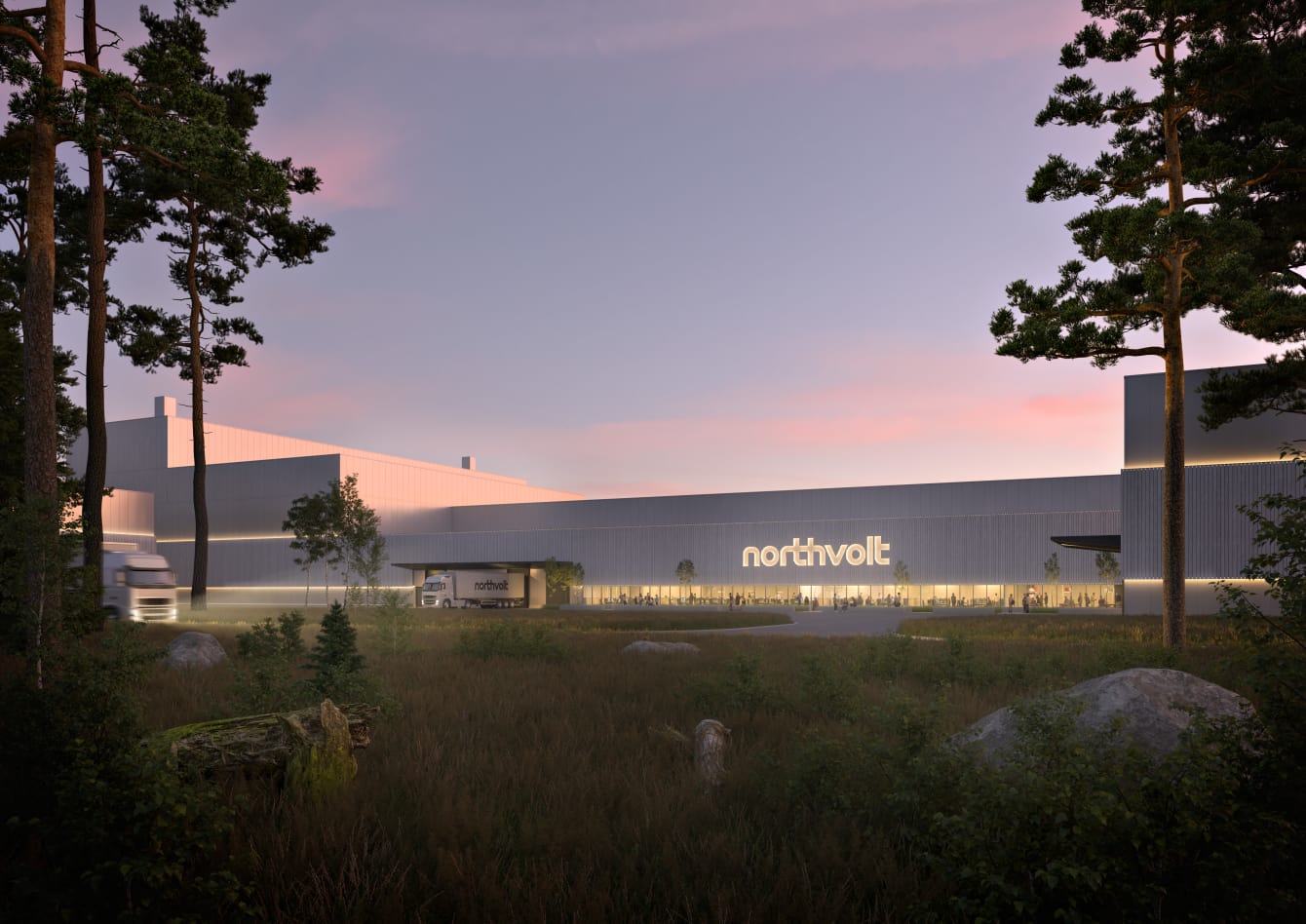Start-Up Kicks Off First Phase Of Battery Gigafactory In Sweden

Europe is ramping up competition for battery tech, seen as essential for the future of transportation and renewable power
A company called Northvolt, founded by two former Tesla executives, has begun construction in Sweden of the first phase of a planned large-scale battery factory that would be similar in scale to Tesla’s Gigafactory 1 in Nevada.
The factory is part of a broader European effort to invest in battery technology, seen as essential in the development of sectors including power generation and transportation.
Northvolt Labs, in Vasteras, 60 miles inland from Stockholm, is intended as an initial research facility for the development and testing of lithiumion cells before the launch of large-scale production at a planned facility in Skelleftea, a more remote city some 400 miles to the north that is just short of the Arctic Circle.
The lab is planned for completion next year, with a production target of 125 MWh of battery capacity per year, with the larger factory intended to begin production in 2020 with an initial target of 8 GWh per year.

Gigafactory
That figure would rise to 32 GWh of capacity once the factory was complete in 2023, making it Europe’s largest li-ion production centre.
Peter Carlsson, Northvolt’s founder and chief executive, and Paolo Cerruti, its chief operating officer, both worked on Gigafactory 1.
Construction began after Northvolt secured a 52.5 million euro (£46m) loan from the European Investment Bank (EIB) in February. The financial instrument is expected to be supported by InnovFin, the EU Finance for Innovators project, under its Energy Demonstration Projects scheme.
InnovFin is backed by the EU’s Horizon 2020 Financial Instruments research and innovation funding programme.
Carlsson said batteries would be “the differentiating factor” in upcoming electrification projects.
“With increasing technology differentiation and substantial growth of R&D efforts from sophisticated customers, especially in the transportation industry, our strategy with Northvolt Labs is to provide a facility for them to develop their own design, then test, industrialise and qualify it, before taking it to large-scale production,” he said.
Milestones
Northvolt said it has the environmental permits in place for the Vasteras site and is in final negotiations for the Skelleftea site, and said it has reached strategic arrangements with industrial partners ABB, Vestas and Scania, as well as key suppliers.
The firm has expanded its staff from 12 to more than 100 people, said its cell design team delivered its first test cell earlier this year.
Having exceeded a 100m euro funding target last year for Northvolt Labs, the firm plans to initiate a further 1.5bn-euro round later this year in support of the Skelleftea factory.
Northvolt also cited the formation of the EU Battery Alliance last autumn as a key milestone. The industry-led alliance, initiated by Maros Sefcovic, European Commission vice-president in charge of energy, aims to accelerate European battery manufacturing. The group has 80 stakeholders and Northvolt has been involved since the beginning.
Sefcovic told the Financial Times he sees transportation technology moving away from engines and being centred on batteries and software.
Renewable energy
Batteries are also important in power generation methods such as wind and solar, which require them to store energy.
Vasteras has a long history of involvement in electrical technology, as the hometown of ASEA, a manufacturer of lights and generators that became part of Swiss-Swedish engineering group ABB.
Japan’s Panasonic is currently the largest producer of car batteries, with China building more than half of new factories.
But the EU effort aims to catch up, and South Korean firms including LG Chem, Samsung SDI and SK Innovations are investing in production in Poland and Hungary.
Why not test your knowledge of European tech pioneers and the EU’s contribution to the industry? Try our quiz!